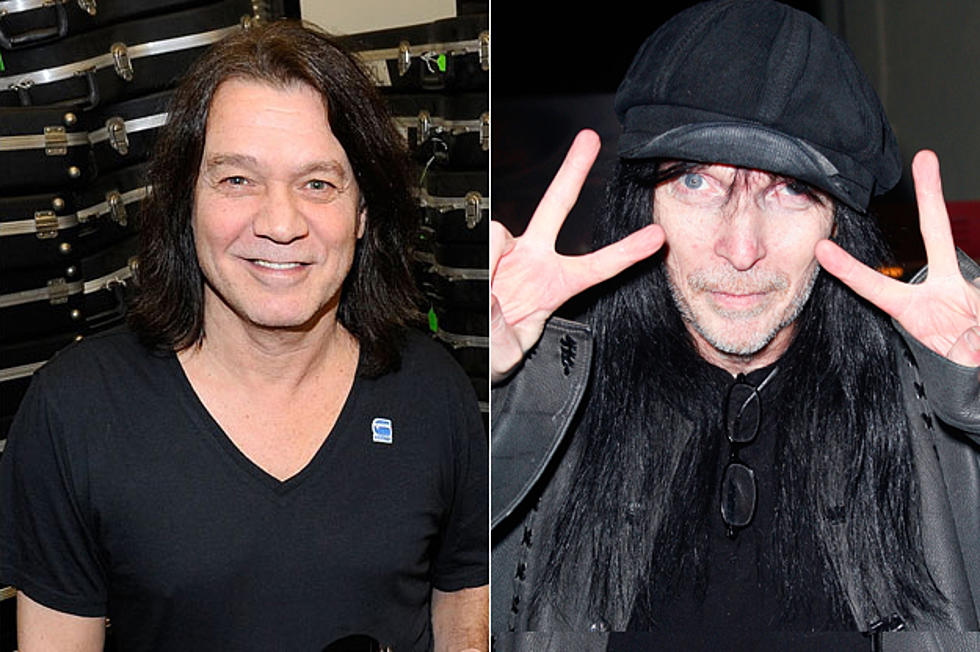Talk Therapy Less Effective for Older Adults with Anxiety Disorders
Talk therapy may not be helpful for older adults dealing with anxiety as much as it is for younger people, new research finds.
Anxiety disorders, including panic disorder, phobias, post-traumatic stress and generalized anxiety disorder, are common in adults over age 55, with an estimated three to 14 out of every 100 older adults being affected. And while cognitive behavioral therapy, or talk therapy, has been shown to help younger and middle-aged adults with such a disorder, research into the treatment for seniors has been scant.
In a new study published in the Journal of the American Geriatrics Society, Rebecca Gould, a researcher at King’s College London, and her team analyzed the results from 12 previous studies on older adults with anxiety disorders. Half of the previous work compared cognitive behavioral therapy to other treatments like medication or group discussions, while the other half compared the therapy to no treatment at all.
They found that compared to doing nothing, cognitive behavioral therapy had a “moderate” effect on helping people’s anxiety, but compared to medication or group discussions, the therapy relieved the disorder only slightly better.
“The prevailing assumption tends to be that what works with working-age people will work with older people, but this might not actually be the case … What this might mean clinically is that the client in the CBT condition might be a little less severely or moderately anxious relative to the client in the active control condition,” Gould told Reuters Health.
She says therapy might work better than drugs because it seeks to fix the causes of anxiety rather than the symptoms, and that it’s possible that talk therapy simply takes longer to have a positive impact in older adults.
Dr. Eric Lenze, a professor at Washington University School of Medicine, who was not involved in this study, finds the results troubling. “Cognitive behavioral therapy is the mainstay for treating anxiety disorders in younger adults. Its lower effect in older adults in this study is concerning,” he said. “[But] until better treatments are developed there are somewhat limited options.”
Gould said more studies that compare cognitive behavioral therapy to other treatments are needed in older adults. She and her group are currently planning work investigating the benefit of “mindfulness-based” cognitive therapy, which includes practices such as meditation.
More From KSEN AM 1150










